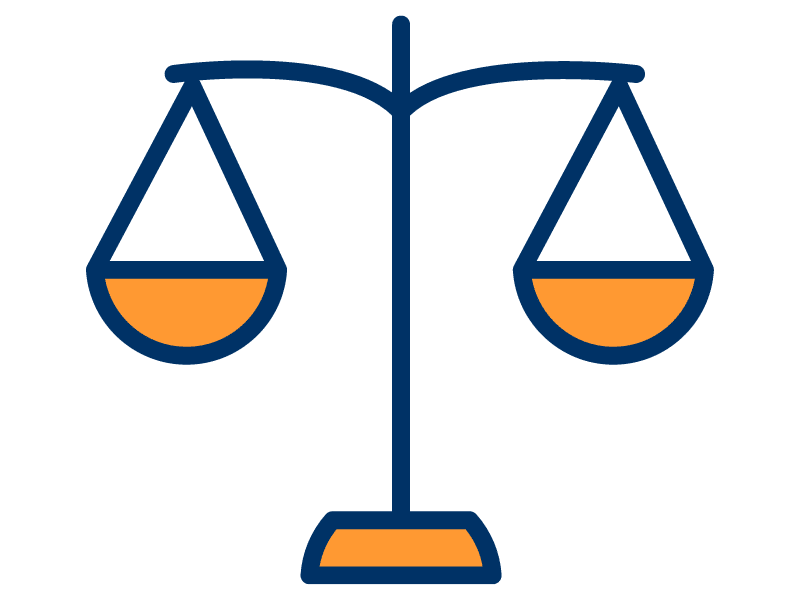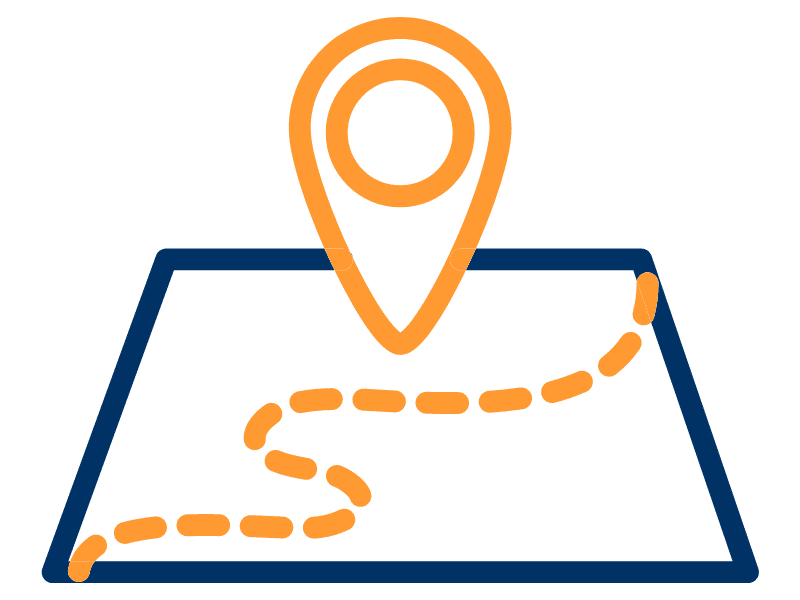Women Fellows
Our Partners
Alwaleed Philanthropies
Alwaleed Philanthropies consists of three philanthropic organizations: Alwaleed Philanthropies Global, focusing on philanthropic and humanitarian projects around the world, Alwaleed Philanthropies Lebanon, which is focused on the social and community needs of Lebanon, and Alwaleed Philanthropies Saudi Arabia, which focuses on the needs of the Kingdom of Saudi Arabia.
"We believe in the potential of individuals, and in the collective power of human possibility in the face of division and differences. We believe in the persistence of humanity over the prominence of barriers, and we know that overcoming the world’s gravest problems, and illuminating the greatest threats can only be achieved through a unified human involvement and responsibility."
BMW Foundation Herbert Quandt
On the occasion of the company’s centenary in 2016, BMW AG expanded its commitment to corporate citizenship. Since then, the BMW Stiftung Herbert Quandt and the Eberhard von Kuenheim Stiftung have been combining their activities in order to increase their global impact. For this reason, the two foundations have consolidated their staffs and operations into the BMW Stiftung Herbert Quandt, and the capital of the BMW Stiftung Herbert Quandt has been significantly increased. To account for the growing international orientation of the foundation, it was renamed “BMW Foundation Herbert Quandt” in 2017.
In 1959, Herbert Quandt secured the independence of BMW and thus laid the foundation for the successful development of the automobile company. In recognition of his entrepreneurial achievement, BMW AG in 1970 established the BMW Stiftung Herbert Quandt. Thirty years later, BMW AG launched another corporate foundation, the Eberhard von Kuenheim Stiftung, in honor of Eberhard von Kuenheim, long-time chairman of its management and supervisory boards. The Eberhard von Kuenheim Stiftung continues to support its own projects.
Through its Responsible Leadership programs, global network, and impact investments, the BMW Foundation Herbert Quandt aims to promote the Sustainable Development Goals of the United Nations 2030 Agenda. The relationship between the corporate founder and the foundations is guided by the Ten Recommendations for Nonprofit Corporate Foundations, published by the Association of German Foundations.
Porticus
Since 1995, we've coordinated the philanthropic endeavours of the Brenninkmeijer family business owners, continuing a tradition of social engagement stretching back as far as 1841.
We work to create a sustainable future where justice and human dignity flourish. Lasting solutions aren't achieved quickly or lightly, but we know if we keep striving together, we can make this a reality.
We believe that a just and sustainable world is possible for everyone. Our values – empathy, modesty, endurance and trust – inspire everything we do and are the bedrock of all our relationships.
At Porticus, everyone has a personal connection to the vision of a just and sustainable future where human dignity flourishes. That sense of purpose drives over 180 of us every day.
Porticus was established in 1995 to professionally coordinate and develop philanthropic activities of Brenninkmeijer family business owners. Its roots are strongly connected to the business that became the global retailer C&A.






